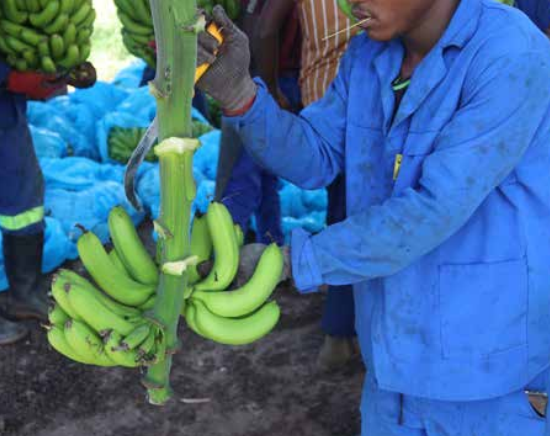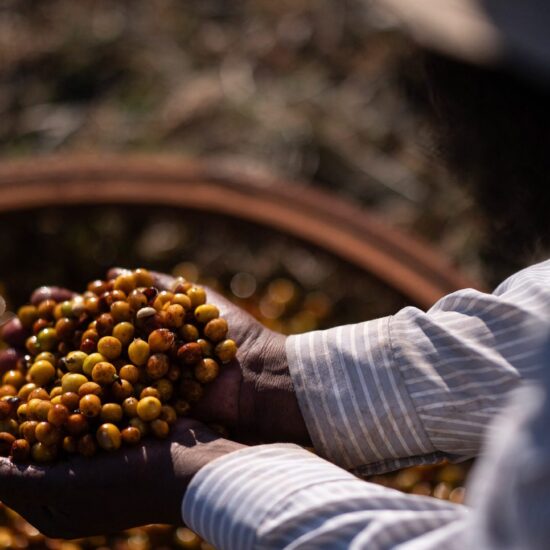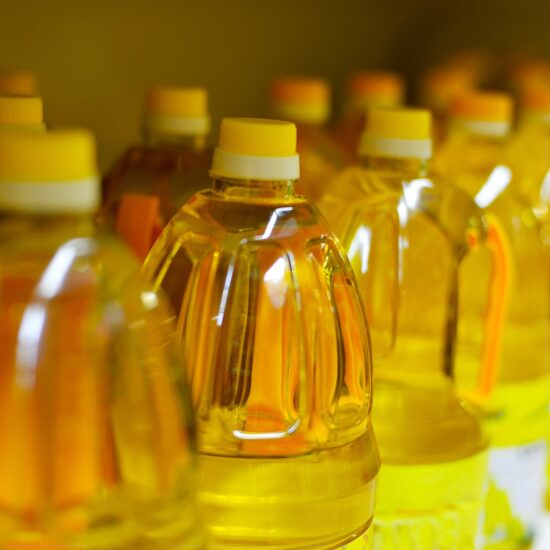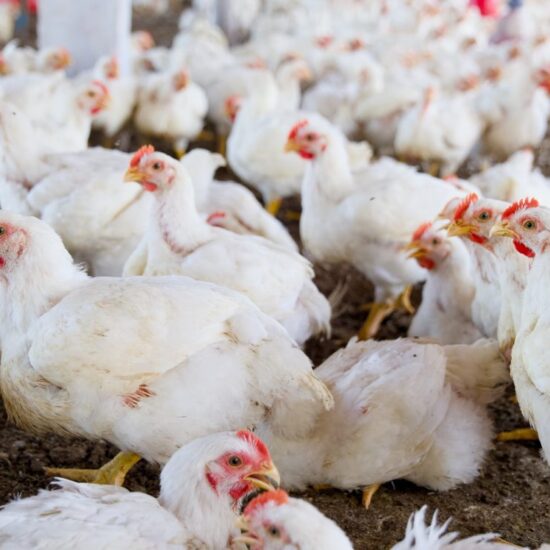
The excuse for importing generic fertilizers such as Compound D and Urea at exorbitant international prices by some senior officers at the Ministry of Agriculture has now been debunked as local fertilizer manufacturing plants have come on stream and are offerings prices which are less the shipping and transport costs incurred when importing from across the seas.
Cancelation of the fertilizer supply tender that was issued by the Ministry of Agriculture is an opportunity for the government to source the fertilizer and seeds which are part of the farmer inputs locally and save the country huge sums of money. Initial estimates show that the prices of locally manufactured fertilizer will be about 40% compared to the cancelled tender unit prices.
The Zambia Public Procurement Authority (ZPPA) has canceled the fertilizer supply tender that the Ministry of Agriculture had put out for the supply and Distribution of inputs for the 2022/2023 farming season due to complaints by some bidders who were left out as well as irregularities in the process.
The timing of the cancellation though is tricky and risks plunging the total production output. However, Minister of Agriculture, Mtolo Phiri told Parliament that the distribution of commodities will go ahead and start in the last week of September despite the canceled fertilizer tender. He added that everything is under control and the inputs will be delivered to farmers in good time, without clearly giving details on how this will be achieved.
The Agriculture Minister said upon being advised by ZPPA on the canceled tender, Government opted for a quicker way of engaging the contractor to avoid delaying disbursement of inputs. However, it is not clear how the Ministry intends to source for the inputs as the tender issues to companies for the supply of inputs has been canceled and efforts to get a comment from the Minister on the matter proved futile by press time.
Wonderful Group of Companies, with a local manufacturing plant which is also transferring the technology to Zambian staff has disclosed that it has completed phase one of the construction of its United Capital Fertilizer Manufacturing Plant and is ready to supply the local market.
The Company had earlier told the ZBT that the first phase of production will start in August 2022, noting that the company has two production lines and the plant has a capacity of producing over 300, 000 metric tonnes of fertilizer, which is above the 260,000 tons the Ministry of Agro wanted to import.
Company Board Member Roy Mwamba said the US$300 million fertilizer plant will cut the importation of fertilizer for Zambia by about 60% and reduce the cost of fertilizer by about 40% due to use of local raw materials and economies of scale expected to be attained.
He said once the plant is operational, the company would be able to supply 80% of the total percentage of urea demand and 60% of the total percentage of D compound required for the country adding that all the raw materials, which include coal and phosphate, would be acquired locally in Southern and Lusaka Province and the plant will create about 1,100 direct jobs.
Mwamba stated that apart from reducing the prices of fertilizer, the manufacturing plant would also enhance agriculture activities, which is what the country currently needs noting that the company would be producing ammonia that would be supplied to Nitrogen Chemicals of Zambia (NCZ), and these raw materials are currently imported.
He further revealed that currently, most of the “fertilizer manufacturing” companies in Zambia import raw materials, mostly from South Africa. However, the new fertilizer plant that has been built in Zambia would be producing ammonia as a by-product, therefore there will be no need to continue importing from South Africa, thus boosting the production for local companies such as NCZ.
It remains to be seen if this plant will indeed deliver on the promise of import substitution and reduction of forex bleeding in the Agro sector. They have however demonstrated their capability in the tiles space after floor tile prices in Zambia were cut by about 50% after opening a local manufacturing plant.







